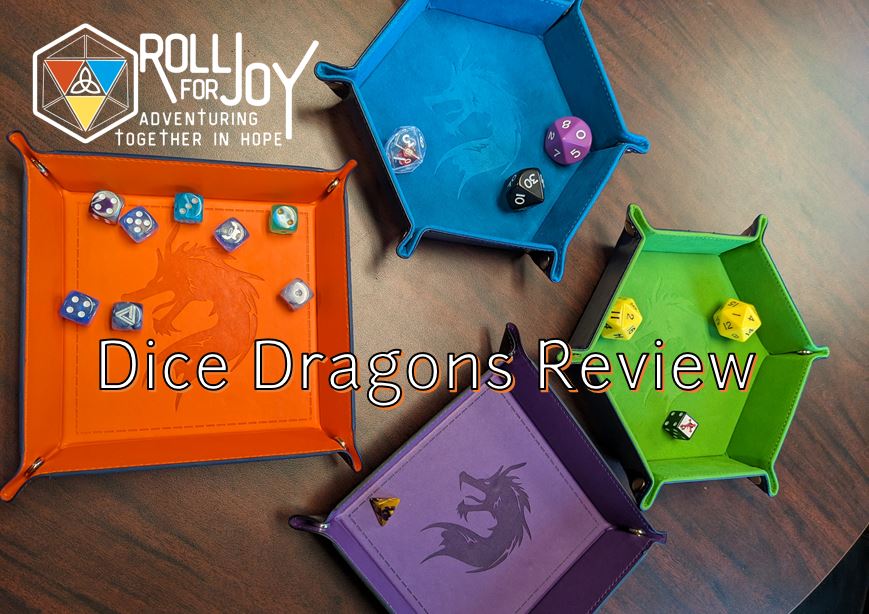To wrap up this little trio of posts (here’s Part 1 and Part 2), I wanted to think about a little more than just the question, “Can I, as a Christian, play D&D?” I want to talk about, “As a Christian, should I play D&D?” I have a hunch that playing Dungeons & Dragons, and other role-playing games like it, can actually enhance a Christian’s ability to take part in God’s mission to the world.
First, let’s talk about God’s mission. I reject an understanding of Christian mission whose primary goal is converting “non-believers” into “believers”. Instead I believe the Church’s mission is to represent the Reign of God, emphasizing verses like Matthew 10:7, “As you go, proclaim the good news, ‘The kingdom of heaven has come near,’” and Luke 4:18, “The Spirit of the Lord is upon me, because he has anointed me to bring good news to the poor. He has sent me to proclaim release to the captives and recovery of sight to the blind, to let the oppressed go free.” Being a citizen of God’s Kingdom frees me to love, care, and advocate for the poor, sick, outcast, and oppressed. This is the second part of that definition of a Christian that I was talking about earlier, “A Christian is a perfectly dutiful servant to all, subject to all.”
I think playing Dungeons & Dragons enhances my capacity to love and care for my neighbor. Specifically, playing role-playing games like D&D helps me to better imagine my neighbor.
D&D is already being used by psychotherapists to teach the skill of empathy to autistic children.♠ But as recent events in our country have shown, we all need a lesson.
Philando Castile, a 32-year-old black man (and coincidentally my wife’s high school classmate), was shot multiple times by a police officer while sitting in his car after being pulled over for a broken taillight. He was shot as he reached into his back pocket to get his driver’s license, because the officer imagined that he was reaching for a gun.
That officer, like many in the United States, had a horribly sick imagination about what black men were like. He could only weakly imagine this black man as the stereotype of black men: criminal, violent, a thug. It didn’t matter that Philando Castile didn’t have a criminal record. It didn’t matter that he worked at a public school where he memorized the names of all 500 kids and their respective food allergies. It didn’t matter who Philando actually was, because the officer’s anemic imagination pictured him as something else: a threat.
The day after Philando was killed, people gathered in Dallas, TX to protest. They were protesting the killing of Philando Castile and that of Alton Sterling and those of Eric Garner, Laquan McDonald, Mike Brown, Sandra Bland, Rekia Boyd, and the long line of other Black people and people of color who have lost their lives – for no reason – at the hands of our criminal justice system. As those people marched, law enforcement was there with them, protecting their right to peaceably assemble.
Then Micah Johnson, a 25-year-old black man, decided that that protest would be a good opportunity. He used that opportunity to ambush the law enforcement, shooting to kill as many white police officers as he could. He killed five. He did this because his imagination was sick and he imagined that killing white police officers would help solve his problems. He lacked the complexity of imagination to see that those individuals were anything more to the world than the uniforms they were wearing and the color of their skin.
Our inability to imagine our neighbors with empathy and complexity stands in the way of reconciliation. We need to do better. We need to add complexity to our imaginations about who somebody might be or what somebody’s life might be like. It’s impossible for us to fully know all the people in this world, but it is possible for us to imagine the worlds myriad people with more empathy and with a complexity that goes beyond assumptions and stereotypes.
D&D exercises our imaginations. When we step into the shoes of a hero, the game challenges us to think and act according to personality traits, ideals, bonds, and flaws that aren’t necessarily our own. By playing at being somebody else, our capacity to imagine better those who are different from us improves. As the DM, I’m challenged to imagine how a whole hoard of creatures and people might act. This type of play actively challenges me to expand my mind and think about a wide variety of people and their motives and goals and values.
This past Sunday, I read the story of the Good Samaritan in my churches. I preached about how Jesus uses this story to get the lawyer (and us) to think about our neighbors with more complexity. Yes, the Samaritans might be the people with whom we don’t want to mix. Yes, the Samaritans just refused to offer hospitality to Jesus. But still Jesus uses a Samaritan to be the hero of his story, to be the shining example of the love for one’s neighbor.
When we play Dungeons & Dragons, we try to think about how dwarves, elves, humans, gnomes, half-orcs, and any number of the other host of races and creatures might get along and go about righting the world’s wrongs together. This play has the power to prepare us to imagine our own real world neighbors better. And at least for me, it gives me an example of how a people who are so different from one another might band together to make the world a better place.
I think we desperately need more of this sort of complex imagination, and I believe that D&D gives everyone, including Christians, a way to exercise that very thing.
♠ DR. Rafael Boccamazzo on D&D and Autism http://dnd.wizards.com/articles/features/dr-raffael-boccamazzo-dd-and-autism
Empathic Features and Absorption in Fantasy Role-Playing. http://www.ncbi.nlm.nih.gov/pubmed/26675155






Leave a comment